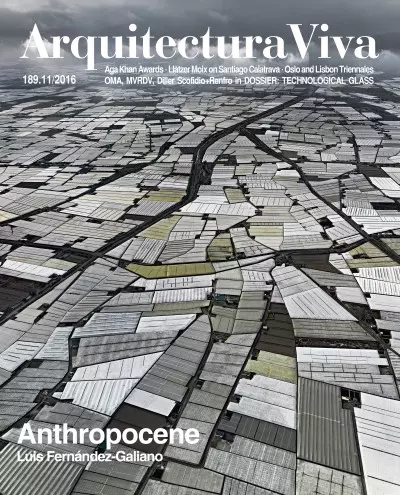

At this year’s U.N. climate conference in Egypt, COP27, Pakistan and a group of other frustrated developing countries are pushing to develop a pool of money for “loss and damages.” It would be a fund, financed by the developed nations most responsibl
The volcano of La Palma prompts to comment on the dramatic increase of devastating fires, which suggests the name Pyrocene for our time.
Catastrophe, disaster, apocalypse: amid the existential fear instilled by climate change, pandemics, and artificial intelligence, a group of authors encourages us to contemplate the future of humanity with active optimism. The risks that threaten the
The American Jason W. Moore and the Swedish Andreas Malm are part of what they call ‘radical academy,’ a group of Marxist writers who teach on both sides of the Atlantic. Capitalism in the Web of Life and Fossil Capital present complementary (and som
Consumed is a cinematic journey through the landscapes, mines, factories, and shipyards of Chinese production. Blurring the lines between documentary and fiction, a single worker narrates his story to the rhythm of industrial machinery. The film reve
On view through 20 May in Nave 0 of Matadero Madrid is an exhibition on the German photographer and filmmaker Armin Linke. The show’s centerpiece is the video installation Blind Sensorium, the synthesis of fieldwork on the Anthropocene that Linke and
For more than 25 years, Fernando Moleres (Bilbao, 1963) has used documentary photography as a means to tackle issues he finds interesting and troubling, as can be seen in his series ‘Melting Landscapes’ and ‘Anthropocene,’ the term used to describe t
He named our age the “Anthropocene” and warned the world of threats that certain chemicals posed to the ozone layer. Paul J. Crutzen, a Dutch scientist who earned a Nobel Prize for work that warned the world about the threat of chemicals to the plane
The giant human footprint stamped across the world in 2020 is greater than the impact on the planet of all other living things, research suggests. The amount of plastic alone is greater in mass than all land animals and marine creatures combined, the
The landscape is a voluntary geography. The idyllic vision of landscape as intact nature is denied by experience and memory. Shaped by economic, environmental, and cultural forces, the planet’s panoramas are not the mere result of geology, botanics,
I doubt there is anything else we can talk about since the inauspicious arrival of covid-19. The speed of contagion and the glut of fatalities, including large portions of doctors and nurses doing their jobs, have in less than a month forced at least
The changes that humans have performed on the Earths crust have opened a new geological epoch, and the cities and landscapes of our own tiems reflect this historical mutation.
The change of climate we are engaged in is both material and mental. On the one hand, the impact of climate change on the planet is of such scale that it alters geopolitical balances and forces us to remodel the technical and economic structures of o
The American entomologist Edward Osborne Wilson, whose specialty is myrmecology, says that what distinguishes ants and termites from other invasive species, including human beings, is, in ecological terms, how rapidly they developed: 500 million year

